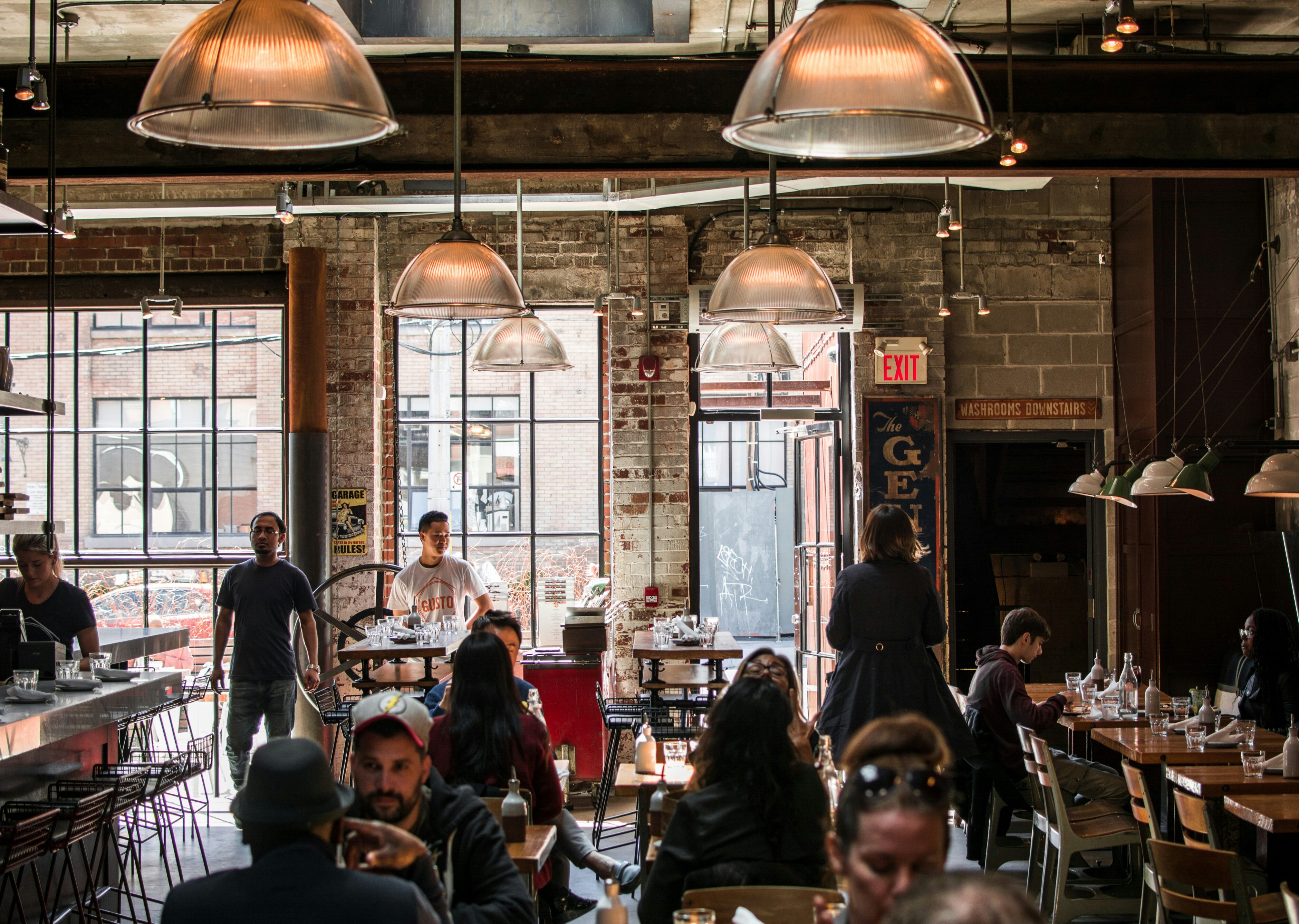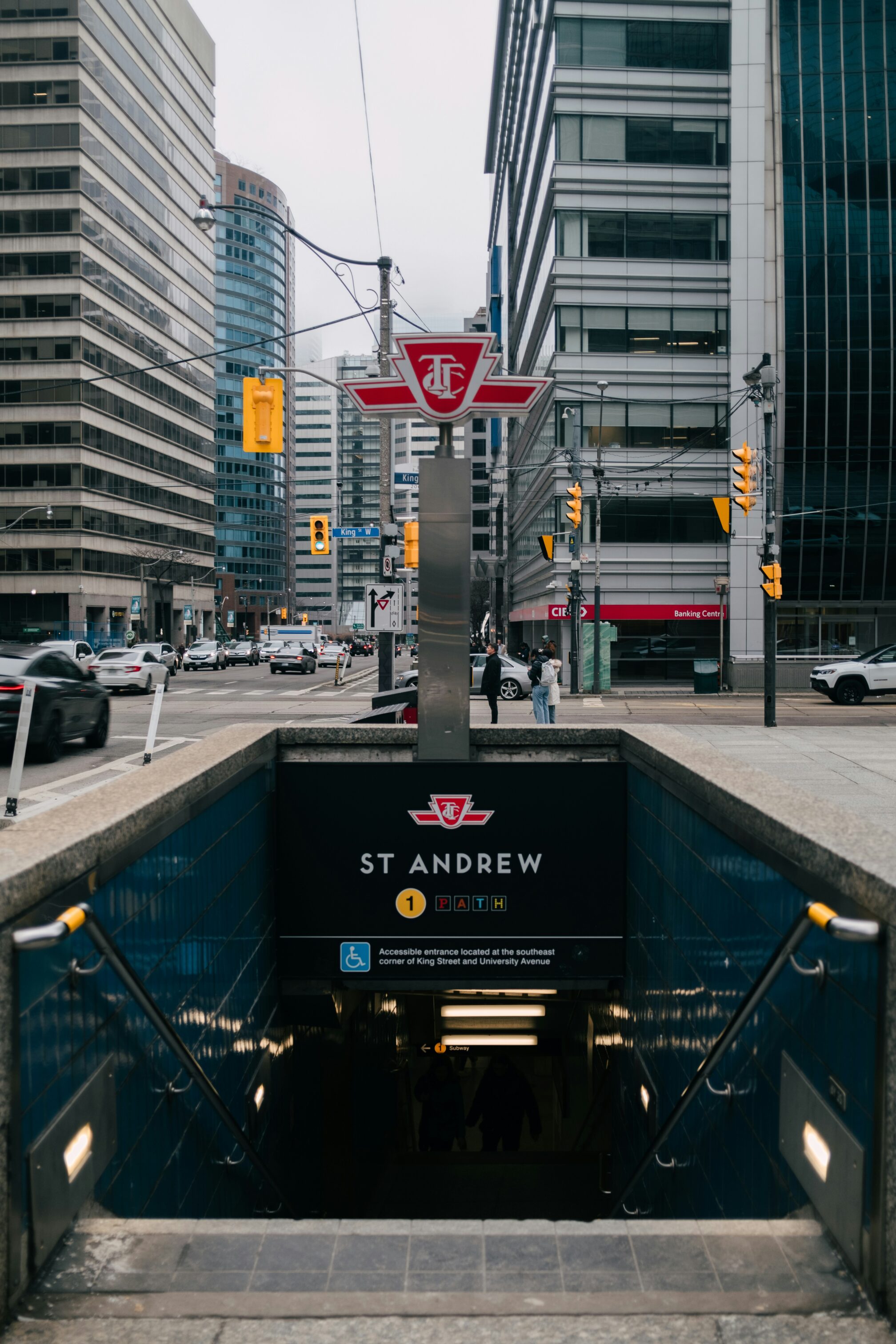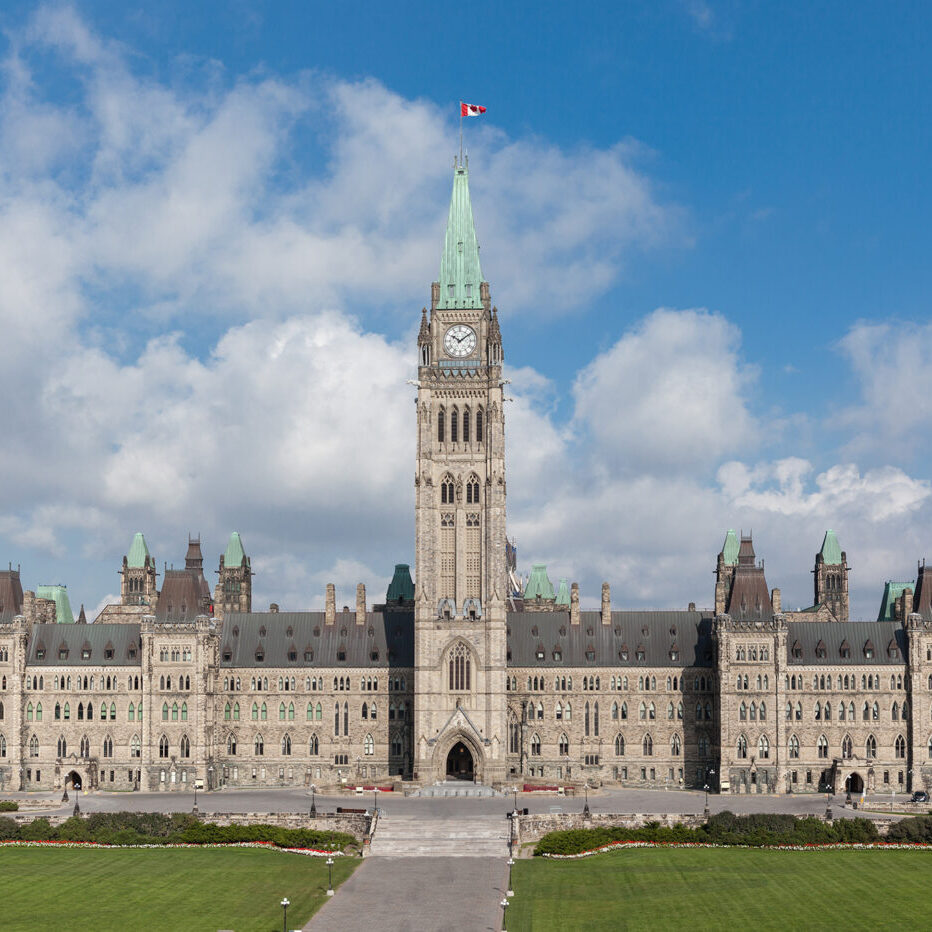The Green Line and
Tech for Good Canada's Guide to...
ANTI-RACISM
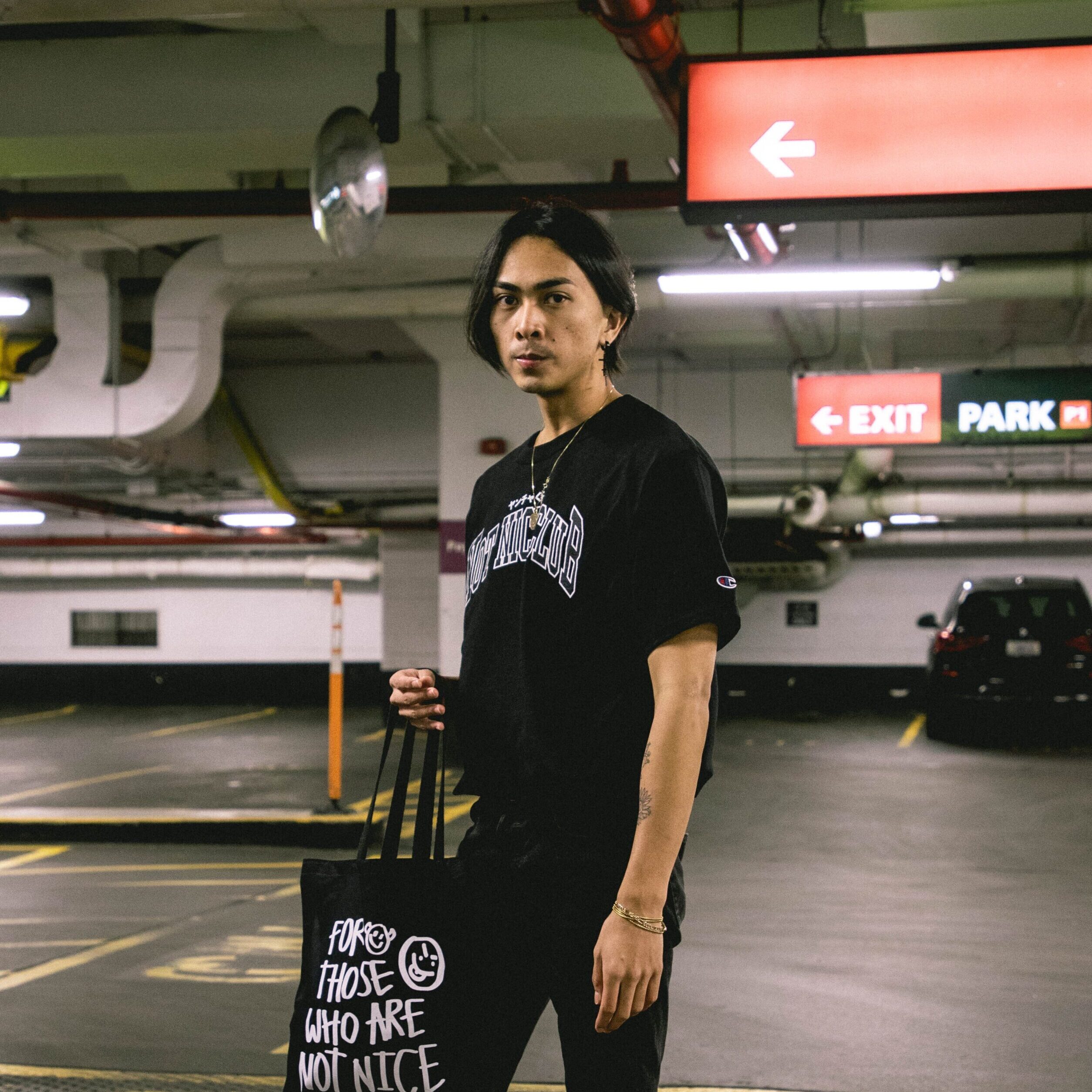

WITH MATTHEW (LIL INFO) DE DIOS
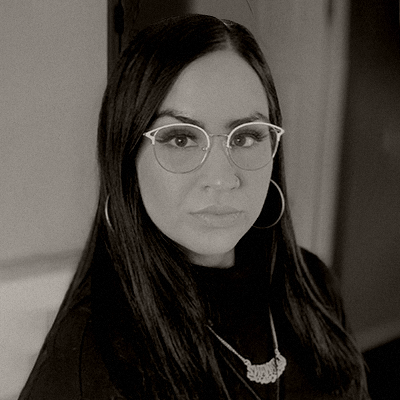
Arsheen Shamaila
First-generation Pakistani-Canadian and University of Toronto alumni. Obsessed with fashion and hip-hop. Heart of a poet, soul of an activist.
November 18, 2021
Defining
the problem
In its 2020 annual hate crime report, the Toronto Police Service described East Asians as “the ethnic group most victimized” that year in Toronto, comprising over 50 per cent of hate crimes where ethnicity was the motivating factor. That same year in Canada as a whole, hate crimes jumped 301 per cent, according to Statistics Canada.
Simply put, racism towards Asian communities in Toronto, Canada and even North America has risen greatly since the start of the COVID-19 pandemic. The Green Line, in partnership with Tech for Good Canada, interviewed co-founder of clothing brand Not Nice Club and Filipino Torontonian, Matthew (Lil Info) de Dios.
"ONE THING I really didn’t anticipate was how COVID was going to affect my community."
MATTHEW DE DIOS
NORTH YORK
MEET
MATTHEW
Matthew (Lil Info) De Dios is the co-founder of Not Nice Club, a clothing brand that challenges anti-Asian racism. De Dios, who’s in his 20s and lives in North York, created the brand with friends after noticing a spike in anti-Asian hate crimes during the COVID-19 pandemic. Their goal? To empower Asian and other racialized youth.
“Amongst the social turmoil, economic job loss and the public health crisis, mental health — I think the one thing that I really didn’t anticipate was how COVID was going to affect my community,” he says.
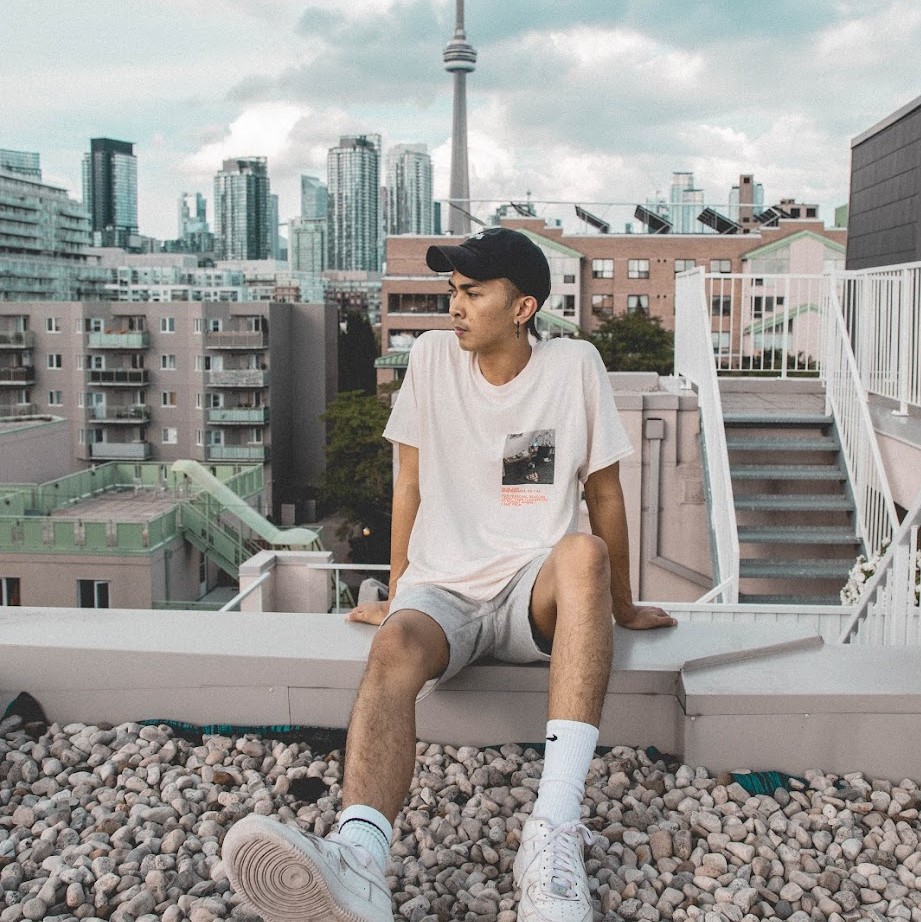

De Dios says his experiences with racism throughout his life motivates him to fight for racial equity. Part of the reason why his family left the American Midwest when De Dios was younger was because of the discrimination they had to deal with there. As a child of Filipino immigrants, he wants to help others feel more comfortable in their own skin.
“You don’t have anything to prove to anyone,” De Dios explains. “You just need to love your culture and that’s enough.”
ART AS
A TOOL
De Dios says that a component of design is functionality, which means creating a solution that addresses a problem. So, when it comes to bridging cultural divides, he believes artistic expression can be an effective way to close that gap. For him, this means creating fashion garments inspired by Asian cultural influences. For others, he says, it can be literature, art, food or something else.
“If someone who didn’t know enough came across your art, that could be a moment for them to be educated and for them to learn,” De Dios explains. “I think that’s just as meaningful as dialogue.”
"IF SOMEONE WHO DIDN'T KNOW ENOUGH COMES ACROSS YOUR ART, THAT COULD BE A MOMENT FOR THEM TO LEARN."
MATTHEW DE DIOS
NORTH YORK
WHY
REPRESENTATION MATTERS
To De Dios, a lack of representation can lead to misunderstanding and perpetuate stereotypes. He cites the popular film trilogy Rush Hour, starring Jackie Chan and Chris Tucker, as an example.
“It’s a shame that when people think of the Black and Asian community together, their first thought is Rush Hour,” De Dios says. “It’s such a shallow understanding of what our relationship is and it’s rooted in very harmful stereotypes.”
If people took the time to understand each other's communities better, he adds, then the barriers will fall away organically and people can start developing positive relationships.
“If there’s misunderstanding in any community, then we haven’t won yet,” De Dios says. “I know it’s a huge ask, but that’s the overarching goal — that should be our goal.”
"SILENCE CAN RESULT IN DEATHS IN OUR COMMUNITY."
MATTHEW DE DIOS
NORTH YORK
THE SHAPE
OF PROGRESS
Social media can be an environment where people feel pressured to reshare a story, change their profile picture for a cause or assess other people's levels of activism, according to De Dios. But he says these are shallow measurements, and that there are better ways to fight racism.
Having a conversation with someone who's been affected by racism is a good place to start, De Dios explains. Listening and learning from them can help you better understand their reality. Then, you can pay it forward by educating others. Finally, speaking up against racism goes a long way. “Silence can literally result in deaths in our own community,” he says.
For De Dios, security for Asian communities — which have seen a recent uptick in hate crimes and racial violence — would be a sign of progress. Another positive sign would be fewer stereotypes about racialized communities, whether they're "positive" or negative. Progress would also look like stronger relationships between different communities, including racialized ones.
"I DON'T WANT PEOPLE TO ASSUME I'M GOOD AT MATH. I'M HORRIBLE AT MATH."
MATTHEW DE DIOS
NORTH YORK
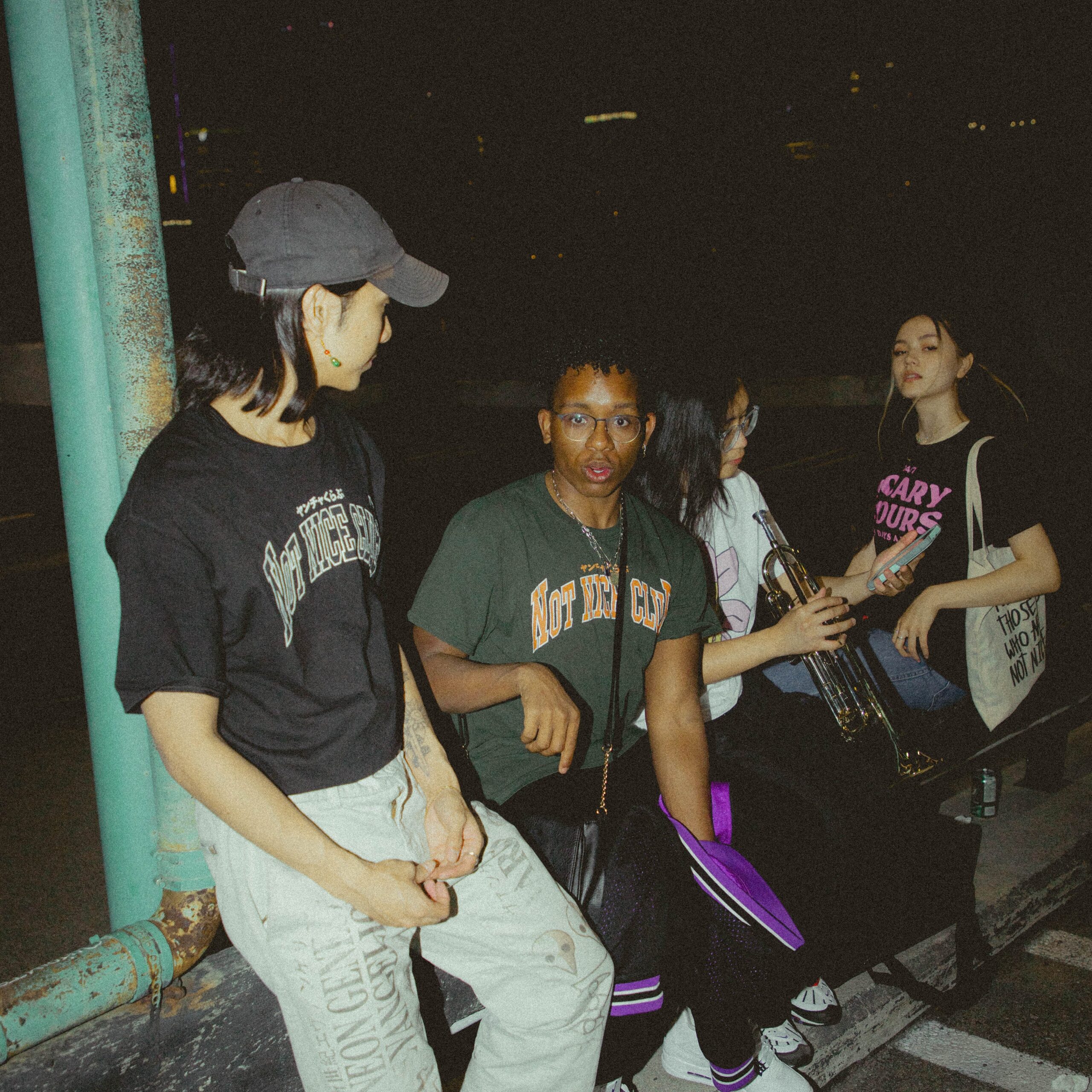
📸: Provided by Matthew De Dios.
AND IN
CONCLUSION
De Dios believes Torontonians can fight racism on many fronts, from seeking out educational resources to showcasing activism through art. Ultimately, though, he says having a simple conversation with someone who might not understand your experience is one of the most powerful way to build bridges.
Next Steps and
Resources
Actions
Next steps for people who want to take action,
but don’t know where to start.
Seek
Resources
Hit up the library or ask for anti-racism resources from trusted individuals or institutions. Educating yourself provides a strong foundation for changemaking.
Talk To
Others
If they're willing, speak to someone who has direct experience with racism, which can provide you with valuable insight. Meaningful conversations also help build bridges with impacted communities.
Speak
Up
Racist incidents happen can happen anywhere: businesses, public transportation, the streets. Speaking out while staying safe and calm can go a long way in helping targets of racism.
Join Our
Community
Gather with other like-mind Green Line community members to discuss and take action on anti-racism.
Resources
Community-curated resources
to help you take action.
